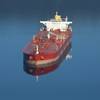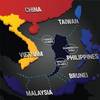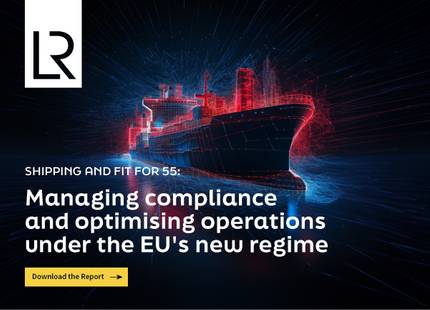Adm. Papp Testifies at "Law of the Sea" Hearing
Testifying yesterday before the Senate Committee on Foreign Relations at a hearing on the Law of the Sea Convention, Coast Guard Commandant Adm. Bob Papp stressed that accession to the Convention will better position the Coast Guard to advance and protect America’s national, economic and environmental security – especially in the emerging Arctic.
Papp explained how the Coast Guard would be able to leverage provisions in the Convention to solidify the cooperative framework for interdiction at sea, enhance maritime safety and strengthen protection of the marine environment. He also discussed how accession to the Convention will enhance legal certainty with regard to critical navigation rights and freedoms that allow the Coast Guard – as a military service and the Nation’s maritime law enforcement agency – to protect Americans on the sea, protect America from threats delivered by sea and to protect the sea itself, stating:
“American prosperity has always depended upon having safe, reliable and secure maritime trade . . . we rely on the Convention’s framework every day to aid mariners in distress, protect our fish stocks, intercept illicit traffickers attempting to deliver drugs, persons and other illegal cargos to our shores, and to preserve our maritime sovereignty, navigational rights, and freedoms.”
Discussing the importance of the Convention in the emerging Arctic, Papp stated:
“Our ability to effectively plan and allocate Arctic resources depends, in part, on the delineation of maritime boundaries, sovereign rights, privileges, and navigational freedoms. Yet, as we work alongside our partner Arctic Nations on issues of governance such as cooperative search and rescue agreements, oil spill prevention and response protocols, and delineation of maritime claims, we remain the only Arctic nation that is not a party to the Convention. Being a non-party detracts from our ability to best provide for the safety, security and stewardship of our vast and resource-rich maritime and emerging Arctic domain.”












